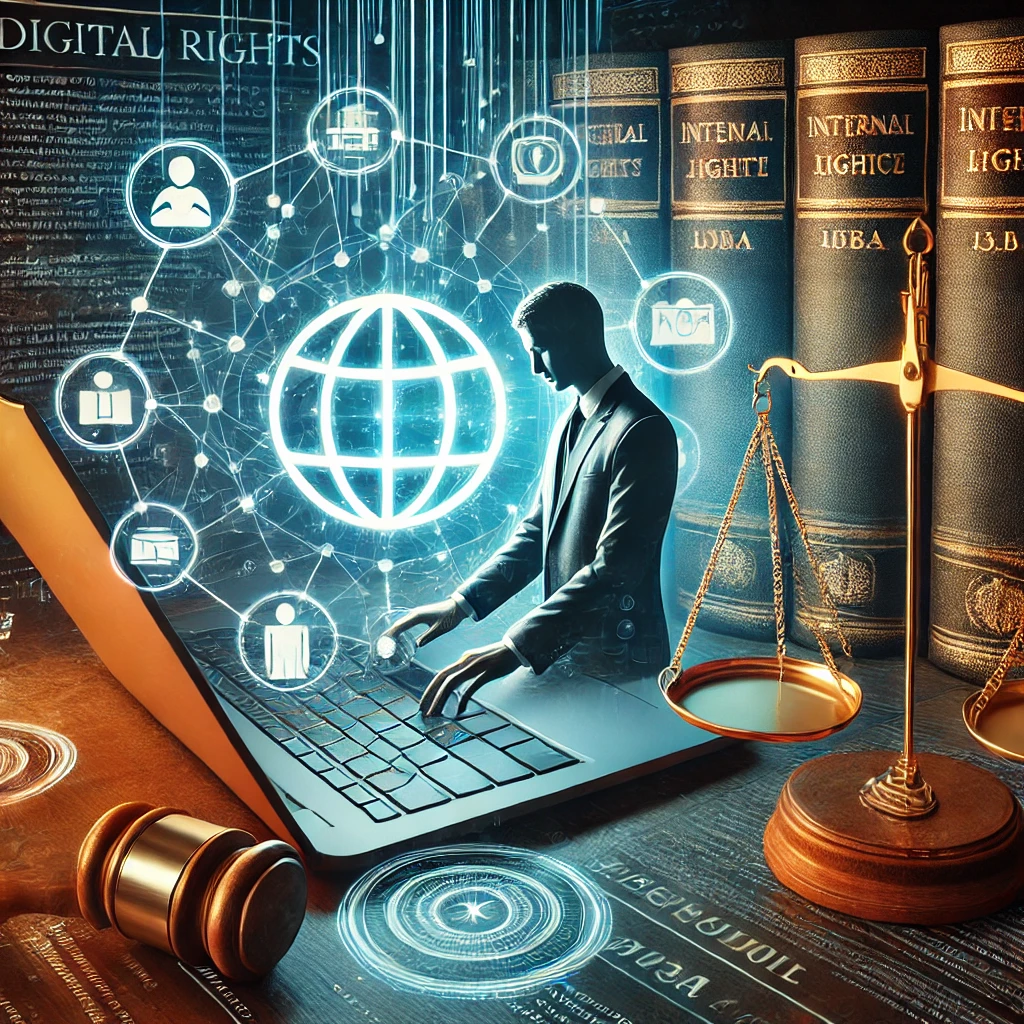Cyber Law at Lithuania
Lithuania has established a comprehensive legal framework to address cybercrime, data protection, and cybersecurity, aligning with European Union standards.
Cybercrime Legislation
Lithuania's Criminal Code includes provisions addressing cybercrimes. Article 197-198-1 criminalizes unlawful access to information systems and data interference. Penalties range from fines to imprisonment, depending on the severity and impact of the offense. For instance, unauthorized connection to an information system can result in imprisonment for up to one year, while offenses involving systems critical to national security may lead to imprisonment for up to three years
Data Protection
Lithuania's data protection laws are closely aligned with the EU's General Data Protection Regulation (GDPR). The Law on Legal Protection of Personal Data, effective since July 16, 2018, incorporates key GDPR principles, including transparency, lawful basis for processing, and data subject rights. Notably, Lithuania has set the age of digital consent at 14, allowing minors to consent to data processing for information society services
Cybersecurity Framework
In October 2024, Lithuania enacted an updated Cybersecurity Law to implement the EU's NIS2 Directive. The law establishes clear requirements for entities to manage cybersecurity risks, appoint responsible personnel, report incidents, and ensure supply chain security. Non-compliance can result in sanctions, including fines up to €10 million or 2% of global annual turnover
Enforcement and Oversight
The National Cyber Security Centre (NCSC), operating under the Ministry of National Defence, oversees cybersecurity governance in Lithuania. Additionally, the State Data Protection Inspectorate (SDPI) is responsible for enforcing data protection laws. In 2024, the SDPI planned 16 inspections and 10 monitoring actions to ensure compliance with the GDPR
In summary, Lithuania's cyber law framework effectively addresses cybercrime, data protection, and cybersecurity, ensuring alignment with EU standards and providing mechanisms for enforcement and oversight.












comments